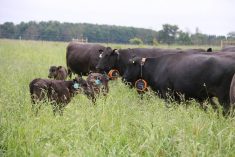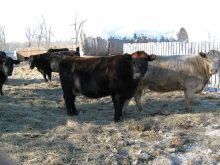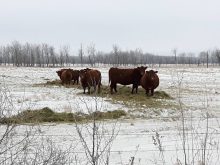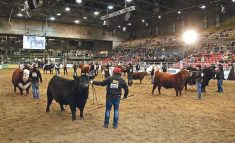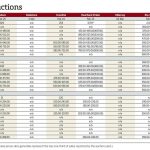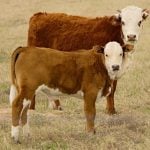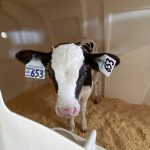Egg farmers in Alberta will likely start to move away from conventional cages thanks to a resolution passed during the Egg Farmers of Alberta (EFA) annual general meeting held recently in Red Deer. “It was giving our board the mandate to look towards enacting a policy that would begin the process of transitioning our industry from a conventional cage to alternative systems,” said David Webb, marketing and communications manager for the EFA.
He said the resolution is non-binding and more a directive for the board, and was put on the floor by a farmer. He said the directive for the board is to set a date by which no new conventional cage systems can be installed by Alberta egg producers.
Read Also
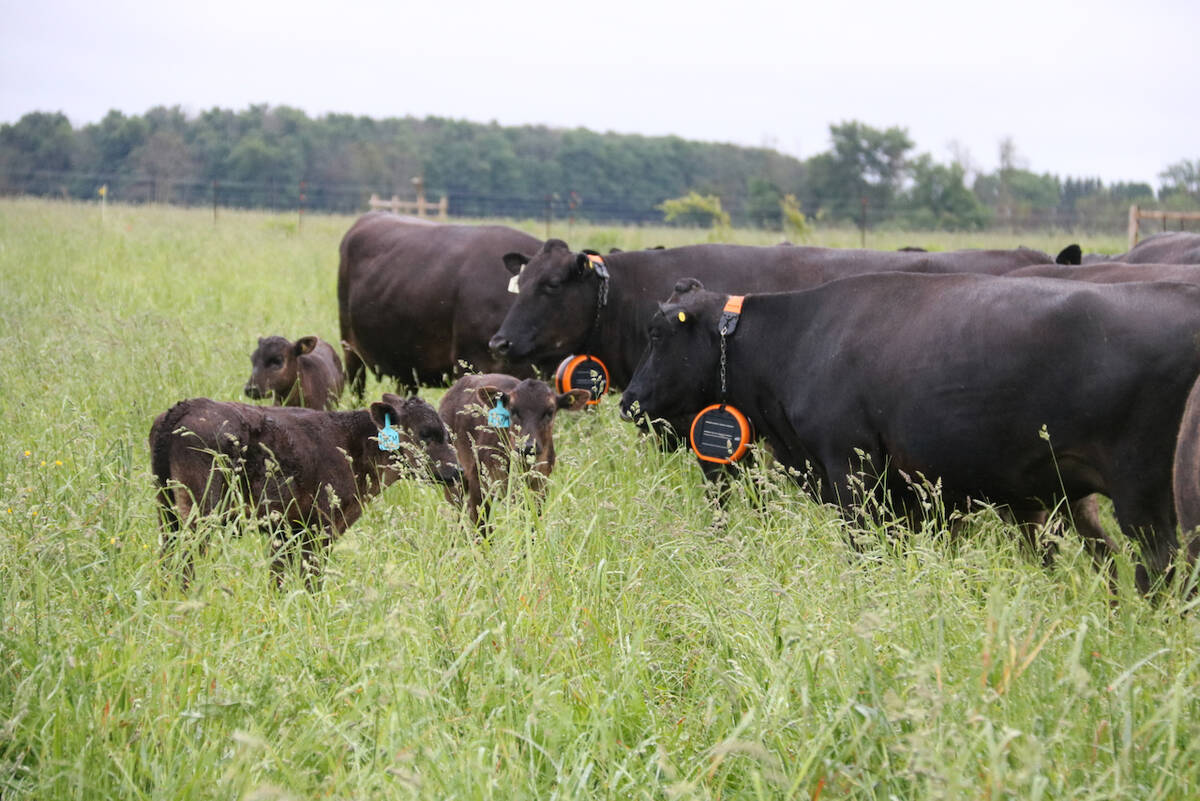
How soil fertility management can boost pasture yield by 43 per cent
Learn how soil testing and targeted fertilization can increase pasture biomass by 43%. Expert tips on N, P, and K management for beef cattle producers.
“Certainly from an animal welfare and an animal care standpoint we think that’s definitely a move in the right direction,” Webb said.
The move away from conventional cages will still give egg farmers lots of choice in how to manage their flocks, Webb said.
“Whether it comes to animal welfare or food safety, there’s no single perfect system. It really comes down ultimately to the farmer and the care that they provide hands on, on their farms,” he said.
There isn’t a set time for when the board will act on the directive from the AGM, but Webb said it isn’t a new topic for the directors or producers. He said they’ve been paying attention to worldwide trends and research, as well as communicating with egg farmers about hen housing. “They’ll do their due diligence and investigate it,” Webb said.
Worldwide trends
When it comes to worldwide trends, Martin Zuidhof, an associate professor with the University of Alberta’s faculty of agricultural, life and environmental sciences, says the European Union banned conventional cages at the beginning of 2012 and California recently had a proposition moving producers away from them.
“The sentiment is that animals that are used for food production should be treated humanely. I think there’s a lot of public misperception about cages. However, perception is what rules,” Zuidhof said.
While not familiar with the recent EFA resolution, Zuidhof said over the years the group has been proactive with animal care and it doesn’t surprise him they’re moving to ensure their producers follow practices that are acceptable to consumers. Like Webb, he noted a number of options will still be available for egg farmers, including alternatives like colony cages and aviaries.
One particular example is an aviary in the Netherlands that designed a system with input from stakeholders ranging from the general public to animal rights groups to the government and producers. The result was a biosecure environment that allows the flocks access to the outdoors and gives the public a chance to view the aviary. “It’s a really great example of I think where the industry should be going in terms of transparency in how food is produced,” Zuidhof said.
A resolution at Calgary Co-op’s annual general meeting directed the Co-op’s board of directors to investigate the feasibility of phasing out selling eggs that come from hens in conventional cages.
According to an Egg Farmers of Alberta’s press release, 85.8 per cent of Alberta’s eggs came from hens in conventional cages in 2012. This number was down from 98.5 per cent in 2006.


